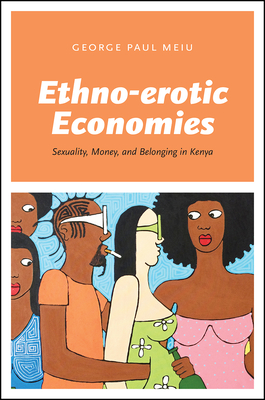Expedite your nonfiction book discovery process with Readara interviews, summaries and recommendations, Broaden your knowledge and gain insights from leading experts and scholars
In-depth, hour-long interviews with notable nonfiction authors, Gain new perspectives and ideas from the writer’s expertise and research, Valuable resource for readers and researchers
Optimize your book discovery process, Four-to eight-page summaries prepared by subject matter experts, Quickly review the book’s central messages and range of content
Books are handpicked covering a wide range of important categories and topics, Selected authors are subject experts, field professionals, or distinguished academics
Our editorial team includes books offering insights, unique views and researched-narratives in categories, Trade shows and book fairs, Book signings and in person author talks,Webinars and online events
Connect with editors and designers,Discover PR & marketing services providers, Source printers and related service providers

Ethno-Erotic Economies: Sexuality, Money, and Belonging in Kenya
Psychology > Human Sexuality (see also Social Science - Human Sexuality)
- University of Chicago Press
- Paperback
- 9780226491172
- 8.9 X 6 X 0.9 inches
- 1 pounds
- Psychology > Human Sexuality (see also Social Science - Human Sexuality)
- (Single Author) Asian American
- English
Readara.com
Book Description
George Paul Meiu uses his deep familiarity with the communities these men come from to explore the long-term effects of markets of ethnic culture and sexuality on a wide range of aspects of life in rural Kenya, including kinship, ritual, gender, intimate affection, and conceptions of aging. What happens to these communities when young men return with such surprising wealth? And how do they use it to improve their social standing locally? By answering these questions, Ethno-erotic Economies offers a complex look at how intimacy and ethnicity come together to shape the pathways of global and local trade in the postcolonial world.
Author Bio
George Paul Meiu is Professor of Anthropology and African and African American Studies at Harvard University. His research and teaching focus on sexuality, gender, and kinship; belonging, citizenship and the state; race and ethnicity; and the political economy of postcolonial Africa.
In his book, Ethno-erotic Economies: Sexuality, Money, and Belonging in Kenya (University of Chicago Press, 2017), Meiu explores how the tourist commodification of ethnic sexuality shapes collective attachments and relations of age, gender, and kinship in Kenya. Combining ethnographic and historical methods, he investigates how young Samburu men perform their ethnic identity through colonial images of the ethnic, sexual warrior, in order to engage in intimate relationships with European women, acquire wealth, and build futures. The book examines the myriad implications that etho-erotic commidification has for how Samburu negotiate belonging. Meiu's book received the Ruth Benedict Prize of the Association of Queer Anthropology, the Nelson Graburn Book Prize of the Anthropology of Tourism Interest Group, and is a finalist of the Elliot P. Skinner Book Award of the Association for Africanist Anthropology.
Meiu is coeditor of Ethnicity, Commodity, In/Corporation (Indiana University Press, 2020), a book that examines the growing global entanglements of ethnicity in market dynamics, nationalism, and consumption.
Currently, Meiu is finishing a book, entitled Queer Objects: Intimacy, Citizenship, and Rescue in Kenya, to address a growing trend that involves political and religious leaders, non-governmental organizations, and the citizenry in securing collective morality from the so-called “perversions of globalization.” Exploring panics over various objects deemed troublesome, Meiu approaches intimate citizenship in relation to pollution, materiality, sociality, desire, and fear.
His work appeared in the American Anthropologist, American Ethnologist, Cultural Anthropology, Ethnos, Anthropology Today, the Canadian Journal of African Studies, and in edited volumes on tourism, sexuality, and the history of anthropology.
Meiu holds a BA in anthropology from Concordia University in Montreal and an MA and PhD from the University of Chicago, where he won the Daniel F. Nugent Prize for the best dissertation in historical anthropology.
Source: Harvard University
Videos
No Videos
Community reviews
No Community reviews

